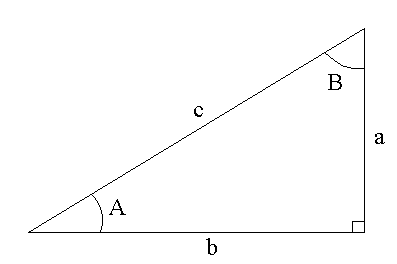Pythagoras and His Troubled Biography March 14, 2016
Author: Beach Combing | in : Ancient , trackback
Pythagoras (c. 570-480 BC) is a shadowy figure who stands at the beginning of the Greek philosophical tradition: though we are not sure really whether he ‘did’ philosophy at all. He is also often sold as a kind of long-haired Greek guru: though others have argued that he had little interest in religious matters. Still others have claimed that he was a politician and a factionalist: needless to say there are others who roundly condemn this view too. The point of this sorry little paragraph is that we know very little that is certain about Pythagoras. Indeed, his biography is like an enormous snowball rolling down a hill. It gets bigger and bigger the further it goes from the crest but break it open at the bottom of the hill and you find nothing tangible at its centre.
Accretion is always fascinating in history and Pythagoras offers such a good example of it that Beach thought that he would list here some of the primary ‘facts’ about Pythagoras and the date of the sources from which they come. There are four main categories: (i) contemporary, sixth/fifth century BC; (ii) detached, fifth/fourth century BC; (iii) late, early centuries AD. It goes without saying that the first category should be taken very seriously; the second with great care and suspicion; and the third, save in the cases where an early sources can be demonstrated, is absolutely worthless as information about Pythagoras’ life and ‘philosophy’.
Contemporary
Belief that souls could return as animals (sixth century BC Xenophanes)
Pythagoras was a man of great learning and he created his own ‘wisdom’ (sixth century BC, Heraclitus)
Detached
Pythagoreans could not be buried in woolen clothes (fifth century BC Herotodus)
Pythagoras and followers connected to cult of Orphism (fourth century BC Epigenes, Ion of Chios)
Do not eat beans (fourth century BC Aristotle)
Do not eat white roosters (fourth century BC Aristotle)
Pythagoras could understand the language of animals (fourth century BC Aristotle)
We read of a ‘Pythagorean way of life’ (Plato fourth century BC)
Eternal recurrence (fourth century BC Eudemus)
Love of silence (fourth century BC Isocrates)
Connection of numbers and music (fourth century BC Eudemus)
Mathematical genius (fourth century BC Plato Aristotle )
Maths as a road to mysticism (fourth century BC Aristotle)
Striking physical appearance (fourth century BC Dicearchus)
Vegetarianism (fourth century, Heraclides of Pontus)
Studied in Egypt (fourth century BC Isocrates – also insinuated by Herodotus)
Late
Studied in Babylon (first century AD Strabo)
He had the ability to bilocate (third cent AD Porphyry)
Reincarnation of various specific individuals (second century AD Aulus Gellius, there is a fragment in Empedocles that might recall this, fifth century BC)
Initiates had to be silent for five years (third cent AD Iambilichus)
Pythagorean school split into two parts, teachers and learners (third cent AD Iambilichus)
Studies with the Indians and the druids (third cent AD Diogenes)
Teaches animals about morality (third cent AD Diogenes)
By rights this list should get more fantastical as we cascade down the centuries, but it is interesting that some quite ‘factual’ sounding points come out late. For example, the notion that Pythagoras’ school was split into an inner and an outer circle. This is one of the most stubborn Pythagorean facts, and yet the historical proof for it, is substandard.
The middle material is interesting, not least because a Pythagorean ‘society’ survived up until the mid forth century BC: Leonid Zhmud has demonstrated that it included athletes, doctors, mathematicians, politicians and philosophers. This information could have been passed down or/and shamelessly manipulated by Pythagoreans.
The early material is interesting in that sources are hostile. Xenophanes is sarcastic about Pythagoras’ beliefs about the transmigration of souls into animal bodies: Heraclitus clearly knew a great deal about Pythagoras and probably saw him as a rival, but he tells us little of importance. It would be a brave historian/scholar who insisted that Pythagoras’ ‘philosophy’, if such a thing existed, involved more than what Pythagoras and Xenophanes have served up for us cold.
Any corrections to this list of dates: drbeachcombing AT yahoo Dot com


